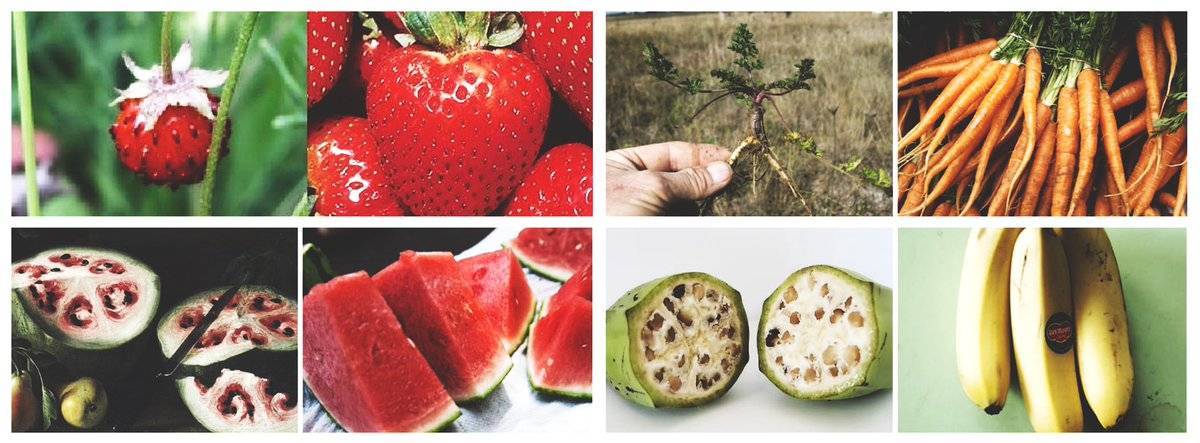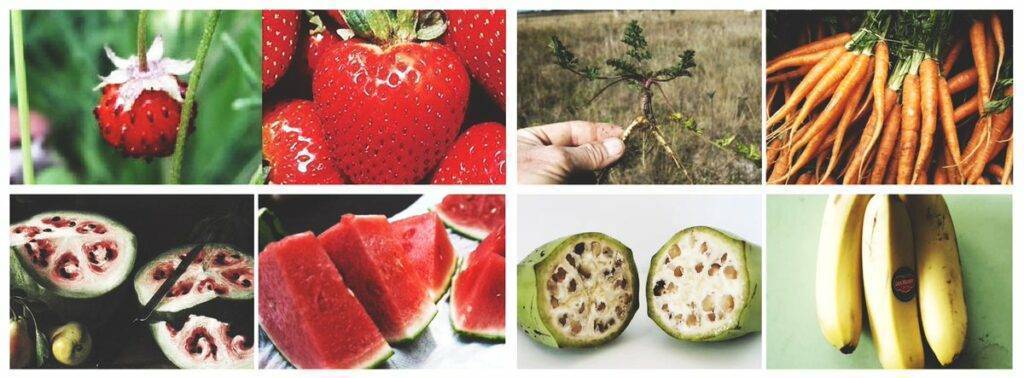 Patients ask me all the time… “Is fruit is healthy?”
Patients ask me all the time… “Is fruit is healthy?”
Many patients are shocked to discover that my recommendations are NOT to eat as many fruits and vegetables that you possibly can.
Particularly when patients are diabetic, pre-diabetic or have fatty liver disease, I may in fact recommend that some patients REDUCE all of their processed carbohydrates and much of their fruit intake. You see, all of my diabetic patients or pre-diabetic patients are prescribed CGMs.
Continuous Glucose Monitors to the rescue…
CGMs are continuous glucose monitors. They are small devices that stay on the body for 2 week periods and they provide real-time feedback into a patient’s blood sugar, both to the patient and to me. This is actually an incredible learning tool, it can teach patients how fruit affects their blood sugar in real-time.
What many of my pre-diabetic and diabetic patients soon discover is how high their blood glucose can go with foods that we have been told are healthy!
Especially these foods.
[tweet https://twitter.com/DoctorTro/status/1120189094938775552]
This tweet caused some controversy, some of my colleagues asked me, “how is it that I can call bananas apples unhealthy?”
More nutrients, less diabetes…
I have consistently seen that fruits that are higher in sugar and lower in fiber, like oranges, pineapples, bananas, pears, and melons, they cause blood sugar to go really high. For this reason, I recommend that if patients want to eat fruit, that they stick to low-carb fruit like raspberries, strawberries, blackberries, cucumber, peppers, tomato, avocado, olives, zucchini, etc. These fruits can actually carry more nutrients than the fruits we have been told to eat with LESS of a glycemic punch.
In fact, zucchini has more potassium per calorie than bananas. Peppers have more vitamin C per calorie than oranges. So, low carb fruit can give you MORE nutrients, while having LESS of an impact on your blood sugar.
Personalized Approach…
I often tell patients, who are in shock by these recommendations, that we can take a personalized approach. Check your blood sugars one hour after eating fruit. Did your blood sugar go over 150? What about 180? If your blood sugars are going into the diabetic range, you may want to consider a different fruit.
Our fruit has been engineered and bred to be more sugary…
On important point I emphasize to patients is that we have bred our fruits & vegetables to be much more sugary and much more starchy than Mother Nature intended… compared to wild fruits our modern supermarket fruits are basically sugar Popsicles. For example, when comparing modern strawberries to wild strawberries, they have 100% more sugar and 50% less fiber. When nutritionists found that cereal companies were increasing the sugar and decreasing the fiber there was a large public backlash. But nobody has said anything about our modern fruits and vegetables which have been bread to contain more carbohydrates and less fiber… truly Nature’s Candy.

Wild fruit contains much more fiber and much less sugar than the fruit we typically see in the supermarket. This is something to consider before rushing to snack on another banana or apple.
Other issues…
I ask that my patients also consider that most fruits are seasonal and in temperate climates, fruit were typically available only a couple of months per year. I am not sure that in our modern society, that we need to be eating fruits in the middle of winter, that were imported half way around the world then blasted with ethylene gas to artificially ripen.
What about the literature?
It seems that in observational studies and even some small interventional studies fruits consistently have a positive impact on health. It is my belief that fruit’s “healthiness” is probably in relation to what it displaces in your diet. If it displaces candy and processed food it’s probably much healthier. But overall, I’m not certain most people would benefit from the recommended 7-9 servings, especially my diabetics or pre-diabetics.
Final Thoughts…
I rarely eat fruit, but I do offer it to my children as a snack, if they are hungry. But for most of my patient, I advise that they treat dessert like poison and treat fruit like dessert. For growing active children, it may be just fine. For many of my diabetics, I recommend avoiding fruit except for low carb fruit like berries, cucumber, peppers, zucchini, olives, avocado.





